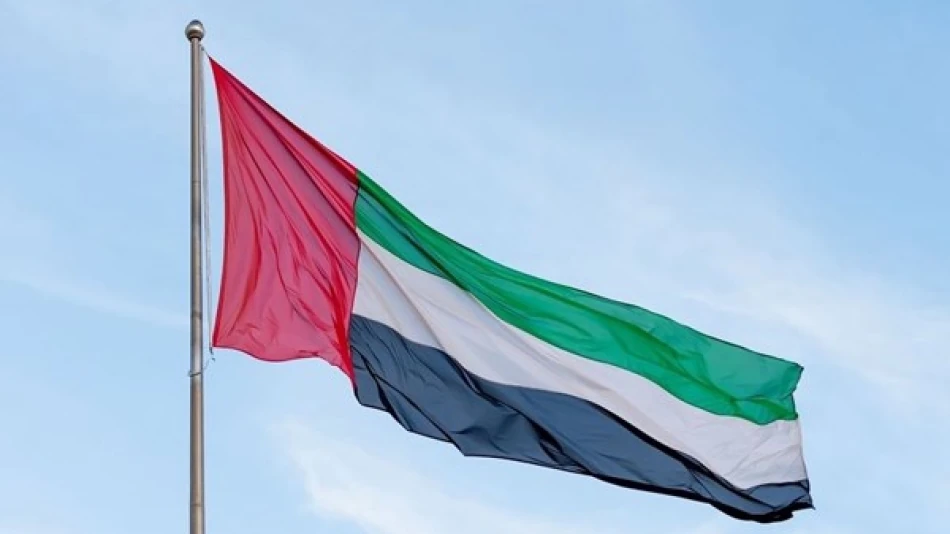
UAE Leaders Offer Condolences to King Salman on Passing of Prince Fahd bin Muqrin's Mother
UAE Rulers Send Condolences to Saudi King Following Royal Family Loss
Five UAE emirate rulers have sent formal condolence messages to Saudi Arabia's King Salman bin Abdulaziz following the death of the mother of Prince Fahd bin Muqrin bin Abdulaziz Al Saud, highlighting the continued diplomatic solidarity between the Gulf neighbors amid regional uncertainties.
Diplomatic Protocol Reflects Gulf Unity
The rulers of Sharjah, Ajman, Fujairah, Umm Al Quwain, and Ras Al Khaimah—five of the UAE's seven emirates—dispatched telegrams expressing their condolences to the Saudi monarch. The coordinated response demonstrates the institutional nature of UAE-Saudi relations, extending beyond the federal level to individual emirate leadership.
Crown princes and deputy rulers from the same emirates also sent similar messages, reinforcing the multi-layered diplomatic engagement that characterizes Gulf Cooperation Council relationships.
Regional Context and Significance
Beyond Ceremonial Gestures
While condolence messages might appear routine, such diplomatic exchanges carry weight in Gulf politics where personal relationships between ruling families often influence policy decisions. The swift, unified response from UAE leadership underscores the strategic importance both nations place on maintaining strong bilateral ties.
This comes at a time when Gulf states are increasingly coordinating on regional security issues, economic diversification efforts, and energy policy. The UAE and Saudi Arabia have aligned closely on Yemen intervention, Qatar blockade resolution, and normalization with Israel through the Abraham Accords framework.
Institutional Diplomacy in Practice
The participation of five emirate rulers—rather than just federal-level officials—reflects the UAE's unique political structure where individual emirates maintain distinct identities while operating under federal coordination. This approach has proven effective in Gulf diplomacy, allowing for multiple channels of engagement with neighboring monarchies.
Saudi Arabia, despite its more centralized structure, has historically valued these emirate-level relationships, particularly in business and cultural exchanges that often bypass federal bureaucracy.
Implications for Gulf Cooperation
Such diplomatic courtesies serve as indicators of broader regional stability and cooperation mechanisms. For international observers and businesses operating in the Gulf, consistent diplomatic engagement between UAE and Saudi leadership signals predictable policy coordination on economic and security matters.
The formal nature of these condolences, conducted through official telegrams rather than informal communications, suggests both countries continue to prioritize protocol and institutional respect—key elements in maintaining the delicate balance of Gulf regional politics where personal relationships often determine policy outcomes.
Most Viewed News

 Layla Al Mansoori
Layla Al Mansoori






